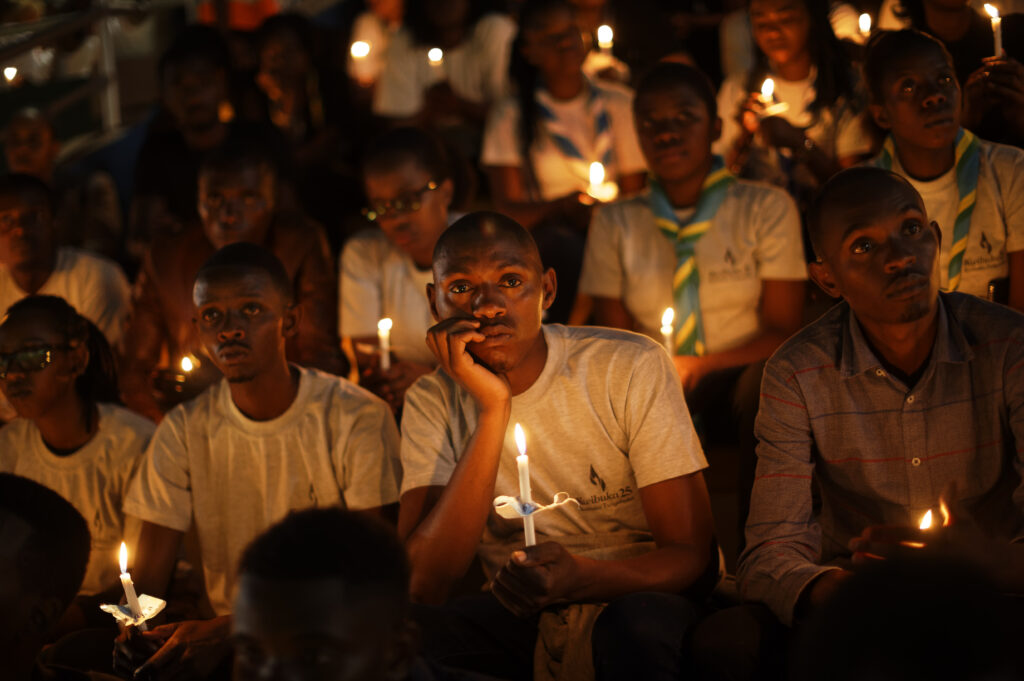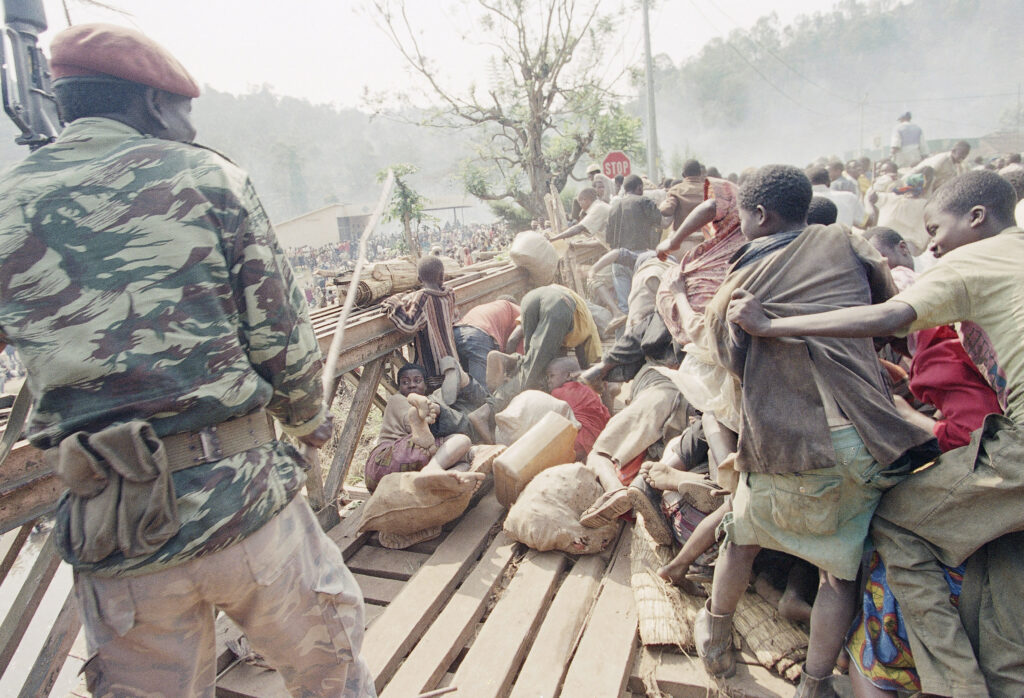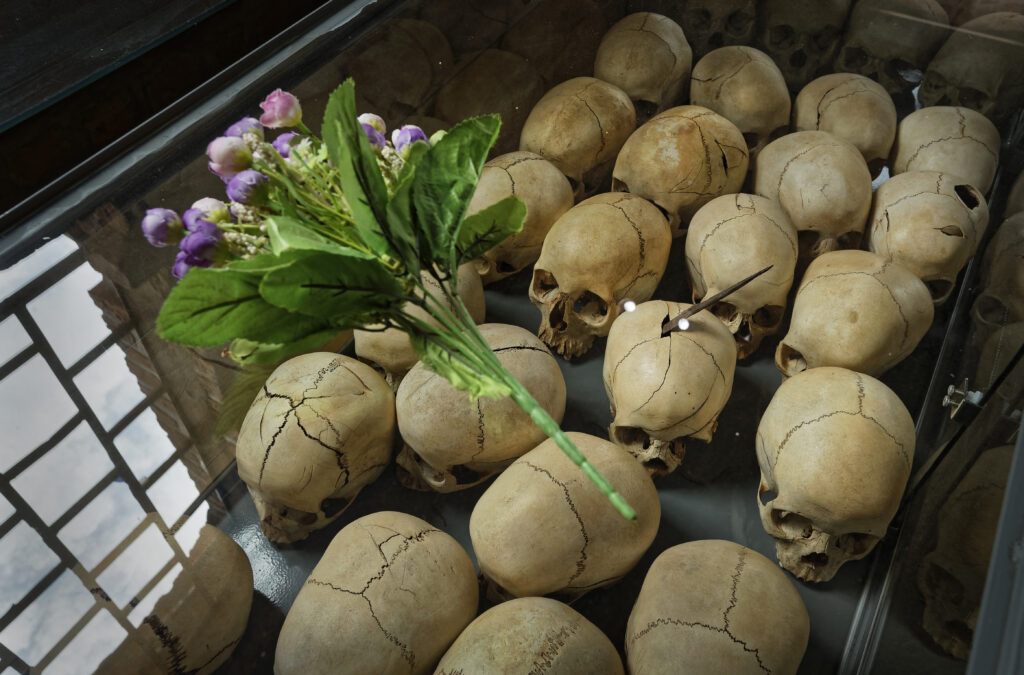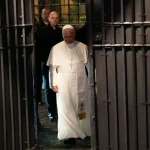
Rwanda is an astonishing country: safe, prosperous, orderly, and open. Its success is remarkable enough given the rough neighborhood in which it finds itself. But when you think that 30 years ago this month, it was in the throes of the worst mass slaughter of the late 20th century, its achievements look miraculous.
I have been thinking a lot about Rwanda, partly because of the grisly anniversary of the genocide and partly because Britain is having an almighty hoo-ha about sending illegal immigrants there. Our courts ruled that Rwanda was an unsafe destination — not because it was itself dangerous but because it might send deportees on to third countries. This strikes me as an objection to ever deporting anyone anywhere, but that’s the British judiciary for you.

According to the data platform Numbeo, Rwanda is not just the least crime-ridden country in Africa, but it is safer than many Western nations. It has the lowest rate of corruption on the continent and the highest proportion of women legislators in the world. It scores highly on government effectiveness, the rule of law, secure property rights, and soft power.
Left-wing opponents of the Rwanda deportation plan are thus in a sticky position. Their objection rests on a sense that sub-Saharan African countries are bound, on some level, to be tinpot dictatorships, but they cannot say so for fear of sounding racist.
Now, Rwanda is far from perfect. Like many initially benign strongmen, its president, Paul Kagame, has been in power for too long and has become more autocratic with the passing years. He has cracked down on political opposition in ways that push the boundaries of the rule of law. As he has tightened his grip, Rwanda has begun to slide down the economic and political freedom indices.
But, as always, we should maintain perspective. There are currently 104 conflicts across Africa, one of which laps up against Rwanda’s border: 5.8 million people from a population of 7 million have been displaced in the eastern Democratic Republic of the Congo. Most African states would gladly swap their problems for Rwanda’s.

The turnaround is almost unbelievable. Between April and July 1994, nearly a million people were massacred in a nation with fewer than 8 million inhabitants. Villagers were hacked to pieces by their neighbors, children macheted alongside their parents, and employees of international agencies cut down in front of foreign aid workers.
The death toll makes it distasteful to reckon the economic dislocation, but by the end of the fighting, Rwanda was in ruins, its fields untilled, and many of its survivors maimed or in exile. Who brought it back to life?
Not the international community, that’s for sure. The United Nations was worse than useless. It actively forbade the commander of the local White Helmets to remove the arms caches he had found just before the genocide.
No, what eventually halted the genocide was the military intervention of Kagame’s Rwandan Patriotic Front, a reminder, in a world of states, that it is ultimately for each state to solve its own problems.
A successful state should also be a nation, that is, a community of people who feel enough in common with one another to accept government from each other’s hands. The late Sir Roger Scruton used to call it “the politics of the first-person plural.” Both under Belgian colonial rule and after independence, Rwandans were defined by the ethnicity stated on their identity cards. Around 15%, generally the better off, were Tutsis. The other 85% were Hutus.

When Kagame came back, he chose not to replace a Hutu tyranny with a Tutsi one. Instead, he outlawed the distinction and based his government on his “Policy of National Unity and Reconciliation.” Today, as defined by pre-1994 ethnic categories, the national parliament is around 15% Tutsi and 85% Hutu. But the difference is no longer recognized.
CLICK HERE TO READ MORE FROM THE WASHINGTON EXAMINER
It is commonplace to point out that Africa’s borders are not ethnographic and that tribalism is incompatible with successful democracy. But that problem is not confined to Africa. The most successful states in the world are those that rest upon a sense of shared national affinity, whether based on language or religion or, as in the United States until very recently, on common beliefs.
Rwanda shows us, in the most terrible and the most hopeful way, why nationhood matters. It warns us of what can occur when you view your fellow countrymen as belonging to a different group altogether. Yet it also proves that a sense of shared patriotism can grow after even the most dreadful bloodletting. If there is a better way of organizing our affairs than through nation-states, it has yet to be discovered.





